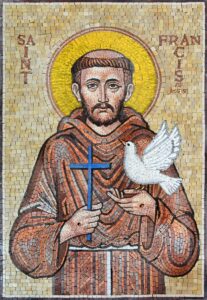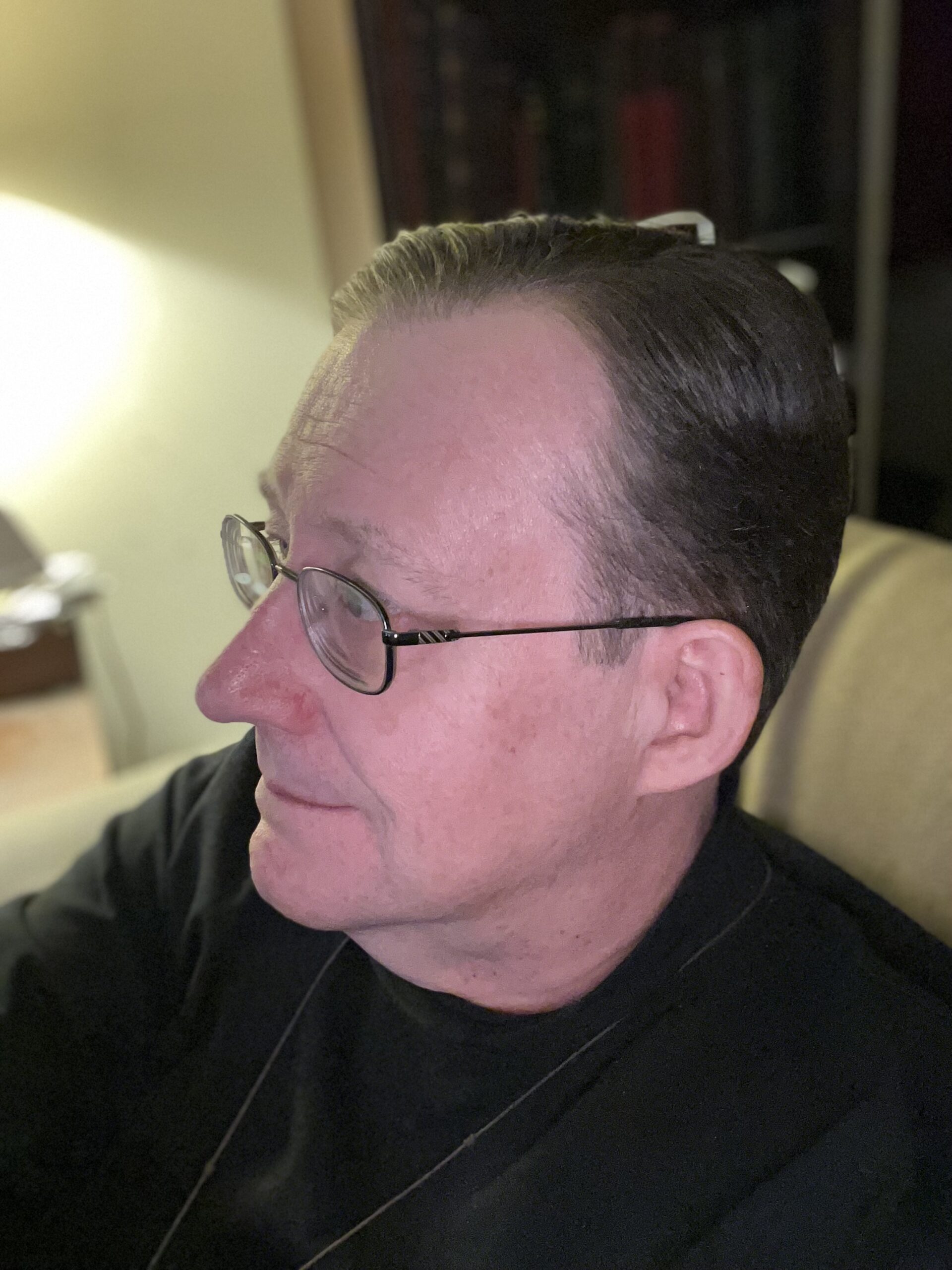On Friday, September 30th, I will profess my vows as a brother of the Franciscan Community of Compassion. They are based on the traditional vows of poverty, chastity, and obedience, adapted to the charism of the FCC. In the time between now and then, I am going to reflect on each of these vows, and share with you some of my thoughts.
Before I begin, however, here is a brief recap of what the FCC is:
The FCC is a “third order” Franciscan community, open to men and women, married or single. St. Francis established three different branches of Franciscan community: the first order, consisting of full-time friars who generally lived together in friaries (like monasteries, but not “cloistered,” meaning not cut off from the outside world); the second order, consisting of contemplative sisters living in cloistered monasteries (the Poor Clares); and the third order, consisting of men and women who wished to adopt a Franciscan rule of life but who, for whatever reasons, could not give up their “outside” lives to become full-time religious. Over time, many different sub-variants of all three orders were created, some of which still exist today, so my description here is only a very general one of the differences between them. Add to this the English church’s break from Rome, the suppression of the monasteries by Henry VIII, and an eventual revival of Anglican religious orders in the 19th century, and you can see that things can get a bit confusing when it comes to the details of what the FCC is and its place in the Episcopal Church. For those of you familiar with Franciscan orders in the Roman church, we are closest in general outline to the Third Order Regular. And no, I’m not going to explain that—look it up for yourself!
Today, I’m reflecting of the vow of poverty. The vow itself reads:
I … vow Poverty, to live in right relationship with all creation. Everything of the earth and everything created by human hands comes from God. As we respect what we are given we work at not being owned by what we own.
Unlike first order friars and second order sisters, I will not give up all my possessions. I will continue to own property and earn money through my regular work as before. My vow recognizes, however, that everything in this physical world, including what I possess, is part of creation. It all comes from God. I am only a steward of what I possess, and God can just as easily take it away as give it to me. I am called to live a simple and modest life, to avoid profligacy and waste, and to be generous with time, talent and treasure to those less fortunate than me. To not be owned by what I own is to let go of attachment to things, and instead strengthen attachment to love. “Do not store up for yourselves treasures on earth, where moth and rust consume and where thieves break in and steal; but store up for yourselves treasures in heaven, where neither moth nor rust consumes and where thieves do not break in and steal. For where your treasure is, there your heart will be also” (Matt. 6:19-21). Love, of God and of each other, is the real treasure: more precious, and more fragile, than anything physical I can possess.
May God fill our hearts with such treasure.


